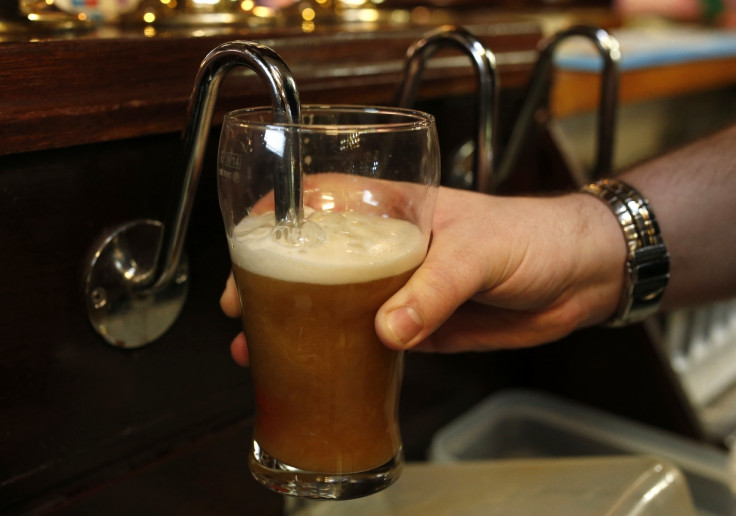UK pub industry calls for cut in beer duty as sales decline by 114 million pints in 2015

The British Beer & Pub Association (BBPA) and Camra, the Campaign for Real Ale, are calling on Chancellor George Osborne to introduce another cut in beer duty in the upcoming budget scheduled for 16 March. It is understood that the UK pub industry is seeking a fourth consecutive penny cut.
While in 2014, the BBPA had said a duty freeze would generate 2,400 additional jobs, the current call follows the trade association claim that 2015 saw a decline in the consumption of beer by 1.5%, which is equivalent to 114 million pints. According to its quarterly beer barometer, sales declined across pubs, bars and restaurants but not at off-licences and supermarkets, where it remained steady.
While the duty cuts are expected to reduce the impact of the national living wage, higher business rates and the apprenticeship levy, the BBPA argued that the beer taxes paid by consumers in Britain was amongst the highest across the European Union. It was said that this tax was double the EU average and 13 times more than what a beer drinker would pay in Germany, where the tax is 4 pence (€0.05, $0.06) a pint, compared to 52 pence in the UK.
Though beer sales in the country had stabilised after scrapping the beer duty escalator, which increased duty by 42% from 2008 to 2013, Brigid Simmons, the chief executive of the BBPA, said: "[It was] no time for complacency."
The scrapping of the duty escalator has also resulted in lesser number of pubs getting closed. This is supported by figures this week from Camra, compiled by CGA Strategy, indicating that while 29 pubs closed per week in the first half of 2015, this number stood at 27 for the second half of 2015.
Despite the pace of pub closures slowing down, Camra chief executive Tim Page warned: "It's a fragile recovery which could very quickly be reversed if the government fails to build on this positive development and misses the chance to support the British pub and beer industry by reducing tax again."
© Copyright IBTimes 2025. All rights reserved.





















